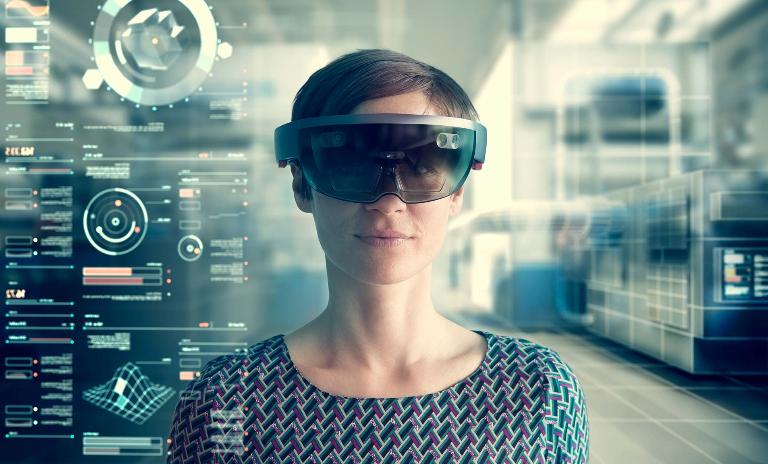AI think, therefore AI am
![{[downloads[language].preview]}](https://www.rolandberger.com/publications/publication_image/think_act_magazines_artificial_intelligence_roland_berger_cover_download_preview.jpg)
What exactly do people mean when they talk about AI in 2018? Where do I start if I want to embrace AI in my business? Get your questions answered in our Think:Act magazine on artificial intelligence.


"AI can ultimately take us to a utopian future."
Little by little, artificial intelligence (AI) is becoming part of our lives. It is starting to impact everything: how we live, how we interact with others, what we do for a living and the choices we make. Futurist Martin Ford has devoted a lot of thought to the impact of mass-scale automation on employment and what it means for society. The result was a book titled "Rise of the Robots: Technology and the Threat of a Jobless Future". His prognosis: yes, automation will take away a lot of jobs and governments must then give citizens some sort of guaranteed income to be able to participate in the economy.
In this interview, we ask Ford what he thinks about the idea of singularity, a scenario where machines will become "super-intelligent", leaving human intelligence far behind, and his concerns about AI.

This bonus interview is only available in the online version of Think:Act Magazine.

![{[downloads[language].preview]}](https://www.rolandberger.com/publications/publication_image/think_act_magazines_artificial_intelligence_roland_berger_cover_download_preview.jpg)
What exactly do people mean when they talk about AI in 2018? Where do I start if I want to embrace AI in my business? Get your questions answered in our Think:Act magazine on artificial intelligence.
Curious about the contents of our newest Think:Act magazine? Receive your very own copy by signing up now! Subscribe here to receive our Think:Act magazine and the latest news from Roland Berger.
